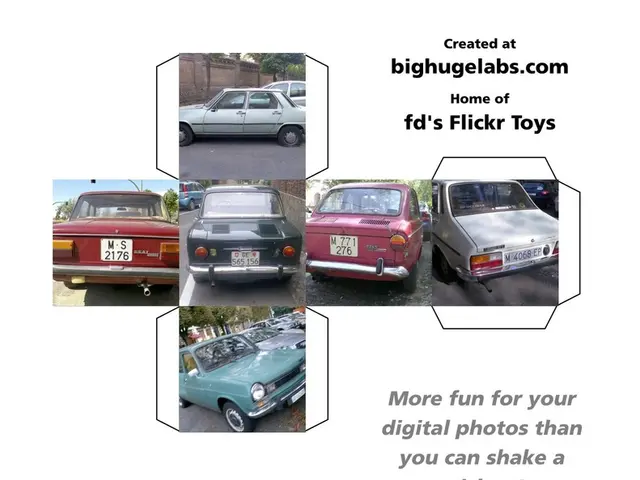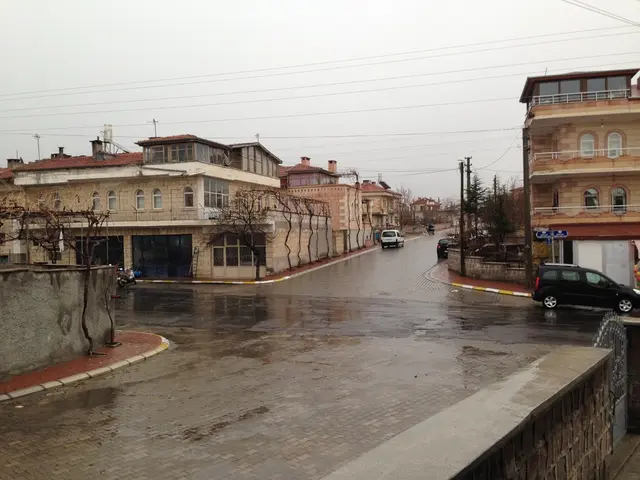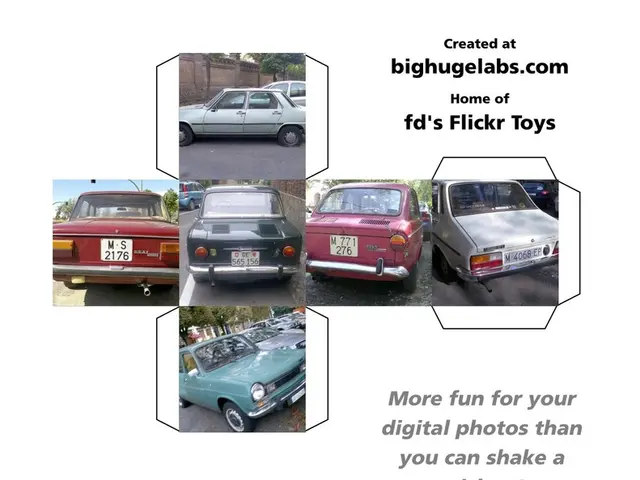The suitable method for UK urban development or placemaking? A strategic wait could lead to wealth and success.
Transforming Placemaking in the UK: Addressing Barriers and Embracing Change
In the ever-evolving landscape of urban development, a group of professionals at Farrer & Co., including Mark Gauguier, James Bromley, and Amy Penrose, are working tirelessly to facilitate change. They believe that implementing a new tax framework that enables stakeholders to collaborate without incurring extra tax expenses could pave the way for larger scale community developments.
However, the path to holistic and patient placemaking in the UK is fraught with challenges. The planning system's complexities and delays, limited integration of health and wellbeing considerations, funding and investment challenges, systemic fragmentation, and cultural and communication barriers are some of the hurdles that need to be overcome.
To address these barriers, several potential changes have been suggested. Improving collaboration and partnership working, enhancing knowledge transfer and capacity building, adopting aspirational but deliverable policies, encouraging long-term stewardship, scaling regional place building approaches, and including caregiver and patient voices are some of the proposed solutions.
These changes aim to foster integrated, evidence-based, community-centered placemaking that prioritizes health and social outcomes alongside physical development. By doing so, they hope to overcome systemic and practical barriers and create sustainable, thriving communities.
Since the Covid-19 pandemic, there has been an increased demand for walkable neighborhoods that support local businesses and incorporate green space. Local Development Orders (LDOs) delivered by partnerships between local authorities and developers could ease uncontentious development, promoting economic, environmental, and social gains. LDOs can focus on delivering a comprehensive plan for infrastructure and community amenity to achieve the right development in the right place.
Supporting local businesses with sustainable or de-risked rental structures could lead to long-term community benefits, including house price growth, local job creation, and creating a distinctive sense of place. JV Partnerships could offer land to developers for a share of the development profits, in return for delivering key policy aspirations, such as schools or infrastructure initiatives.
The General Election and London Mayoral election in 2024 are expected to focus on issues surrounding planning and tax reform, as well as the need for new homes. Schemes such as Nansledan in Cornwall and Derwenthorpe in Yorkshire demonstrate the benefits of development focused on building communities, not just houses.
However, complex tax rules can unintentionally incur upfront, unfunded tax charges for landowners who choose a patient approach. Tailoring tax rules to ease the financial burden of long-term local stewardship of communal assets, particularly for charities, would further mitigate the existing tax risks associated with longer-term community engagement.
Rigid master planning, which fixes plans years or decades before construction, hinders organic, flexible development. The report by ADAM Architecture and Farrer & Co's Placemaking Two Report (2024) highlights limitations in the current planning and tax systems that hinder placemaking. Public-private joint ventures (JV Partnerships) could alter traditional land acquisition models, making the market more accessible to a wider range of developers.
Landowners may be forced to sell their assets before building commences due to the need to demonstrate 'best value' to their trustees and beneficiaries. Patient schemes, which prioritize placemaking, are often characterized by the involvement of landowners invested in their local communities.
In conclusion, the path to holistic and patient placemaking in the UK is a complex one, but with the right changes, it is possible to create sustainable, thriving communities that prioritize health, wellbeing, and the needs of local residents.
Read also:
- President von der Leyen's address at the Fourth Renewable Hydrogen Summit, delivered remotely
- Unveiling Innovation in Propulsion: A Deep Dive into the Advantages and Obstacles of Magnetic Engines
- Intensified farm machinery emissions posing challenges to China's net-zero targets
- EU Fuel Ban Alerts Mercedes Boss of Potential Crisis








